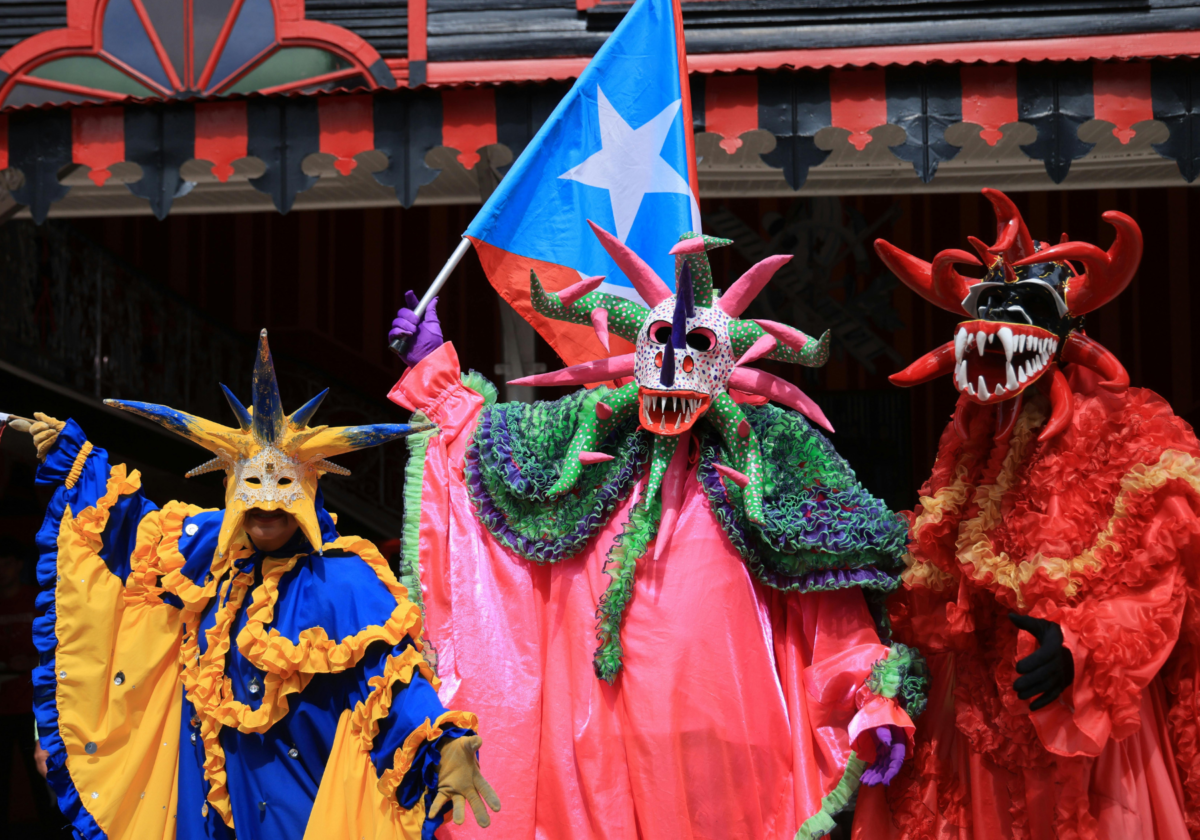This is one of my favorite posts from last year.In the spirit of Halloween, I am reposting:
We all know of El Cuco, the mythological monster, our parents all
warned us about and sometimes even utilized to put the fear of God into
us and make us do their will. The other day I was thinking about El Cuco
and wondering if perhaps its origins came to us from our Yoruba
ancestors since the term sounds African. I was surprised to learn: (it
was originally an European pumpkinhead!)

FromWikipedia’s article on ‘The CUCO’: The
Cuco (Coco, coca, or cuca) is a mythical monster, a ghost, witch;
equivalent to the boogeyman found in many Hispanic and Lusophone
[Portuguese-speaking] countries.
Origin
The myth of the Coco originated in Portugal and Galicia. According to the Real
Academia Española the word “coco” derives from the Portuguese language,
and referred a ghost with a pumpkin head.
Legend
Traditionally, the coco, or its feminine counterpart “coca”, is represented by a
carved vegetable lantern made from a pumpkin with two eyes and a mouth,
that is left in dark places with a light inside to scare people. The
vegetable lantern is similar to the Jack o’ lantern. Coca the dragon is
another representation of this scary being and is present in the
folklore of Portugal and Galicia.The name of the “coconut” derived from “coco” and was given to the fruit by the
sailors of Vasco da Gama because it reminded this mythical creature.
The legend of the Cuco began to be spread to Latin America by the Portuguese and Spanish colonizers.
There is no general description of the Cuco, as far as facial or body descriptions.
The legend of the Cuco is widely used by parents in Spain and Latin America
in order to make their children go to sleep. Parents usually tell small
kids that the Cuco will take them away if they don’t fall asleep early.
This method has been in use for decades now.
Popularity and other names
TheCuco method is very popular among parents from Dominican Republic to
Argentina. In many countries, the character has different meanings: in
Mexico, for example, parents prefer to call Cuco the similar name
“Calaca”, which also means skeleton there.
In Brazil Cuco appears as a female, ‘Cuca’. Cuca appears as the villain in some
children books by Monteiro Lobato. Artists illustrating these books
depicted the Cuca as an anthropomorphic alligator.
In Northern New Mexico, where there is a large Hispanic population, El Cuco is referred to in its Spanglish name, the Coco Man. His image is
construed with Brazil’s sack man; he carries a bag to take naughty
children around Christmas time, and demands repentance in the form of
Catholic prayers. The Bogeyman (or boogeyman) could be considered an English equivalent of the Cuco, since both monsters attack children who misbehave.POPULAR SONG FOR THE CUCO: duermete niño, duermete ya…que viene el cuco y te comera (sleep child, sleep now…or else comes the coco to eat you)
* Photo credit: Self-portrait by Jamie Wyeth
And if you ever wondered about the nature of Africa’s indigenous beliefs, you should definitely check out V.S. Naipaul’s The Masque of Africa, which sounds really interesting:






Good post, especially with the historical origins. In Mexico and in the southwest we call him el Cucuy. He's the reason I was afraid to look under the bed at night, as well as during daylight.
I know in Hawaii there's a cucuy tree/nut also.
Honestly though, El Cucuy didn't scare me as much as La Llorona did though. But that's another story…
Coming soon- La Lloronasphere.
I am familiar with La Llorona but I never really knew about her till I was grown.
OMG, I hadn't heard that term in so long it made me nostalgic. Thanks for the etymology.
20161.09wengdongdong
ray ban sunglasses
michael kors outlet
christian louboutin outlet
louis vuitton outlet
coach factory outlet
louis vuitton handbags
canada goose outlet
nike roshe runs
adidas gazelle
michael kors outlet online
gucci outlet
adidas superstars
louis vuitton handbags
nike trainers
cheap jordans
cheap toms
burberry scarf
coach outlet
nike store uk
toms outlet
coach outlet
louis vuitton handbags
nike air max
ghd straighteners
nike cortez
snapbacks wholesale
hermes uk
air jordan 8
nike uk
caoch outlet
true religion outlet
burberry outlet
michael kors handbags
cheap jordan shoes
louis vuitton handbags
longchamp handbags
coach outlet
michael kors outlet
michael kors outlet
running shoes